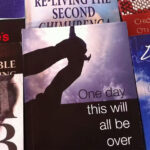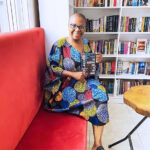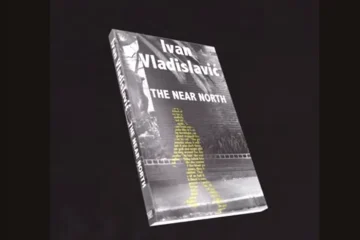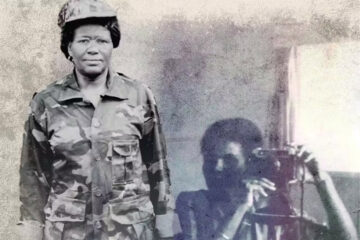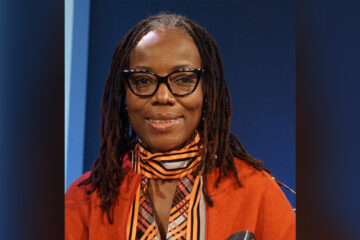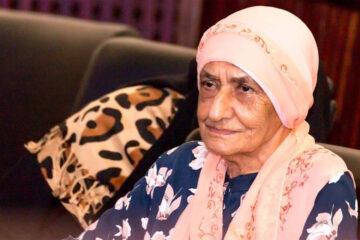ONE of Africa’s biggest book fairs has come not a moment too soon for authors like Noha Mahmud. The up-and-coming Egyptian author is one of many who struggled to earn a living during the COVID-19 pandemic which devastated Egypt’s publishing and book sales industry.
As difficult periods go for writers, the last one-and-a-half years have been as tough as they come, for Noha Mahmud, an Egyptian writer in her late 30’s.
“Publishers stopped buying the literary production of almost all writers,” Mahmud said in an interview. “The publishing industry as a whole came to a standstill and with it the life of the writers.”
A ray of hope, however, has come with the opening of the Cairo International Book Fair, Egypt’s most important and largest cultural event, which runs from June 30 until July 15.
Mahmud’s last short story collection, “Those Looking Out the Window” which captures aspects of life in Egypt’s poorer districts, is on display at the fair, along with tens of thousands of other titles. The annual fair is among the biggest in Africa.
The event is also reviving the hopes of the nation’s publishers. The pandemic caused book sails to plummet, stopped the publishing industry in its tracks and led to huge and sustained losses. That left writers like Mahmud without an income.
“The publishing companies had to stop receiving the productions of all writers in their bid to stop the losses they were sustaining,” explained Islam Abdel M’eti, the head of Rawafid Publishing House, one of Egypt’s largest publishing companies.
“The publishing companies would have waded steeper into debts if they had continued buying the productions of writers,” he added in an interview.
The closure of the bookstores and the suspension of publishing activities were compounded by the paralysis that gripped Egypt’s cultural life. The Ministry of Culture had to close down theatres, cinemas and the Opera House and suspend all cultural gatherings to prevent infection hotspots.
“The suspension of cultural activities has had very negative effects on Egypt’s cultural life as a whole,” said Saeed Abdu, the head of the Association of Egyptian Publishers, said in an interview.
“The publishers and the writers were harmed the most by this suspension.”
The nation’s publishers and writers were also dealt a painful blow by the cancellation of cultural events in other Arab countries. Abdu’s association has asked the government for a loan and for publishing companies to be exempted from customs fees and taxes. The association also called on the government to purchase more books for school and sports centre libraries.
So this year’s fair, held on the outskirts of Cairo, has been seen as a huge opportunity to turn the publishing industry around – and as a lifeline for the country’s writers. Originally scheduled for January, the event was postponed until after the third wave of the pandemic was over and a number of measures were undertaken to prevent it from becoming a “spreader” event. That included the launch of an online platform to allow book lovers to take part virtually.
Online visitors can take virtual tours of the different sections of the fair and review the different titles in each of the booths, as well as order books. The online platform also broadcasts the different events held on the sidelines of the fair live, including seminars and conferences.
With more than 800 publishers from 25 countries participating in this year’s edition of the fair, tens of thousands of visitors have engaged with the event, filling publishers like Abdel Mo’ti and authors like Mahmud with hope.
Mo’ti said that the sales he made during the fair have partially compensated him for the losses incurred over the last year and a half.
“These sales at least say that things can improve in the coming period, even if gradually,” he said.
Mahmud and other Egyptian authors will be keeping their fingers crossed and hoping that they do.



